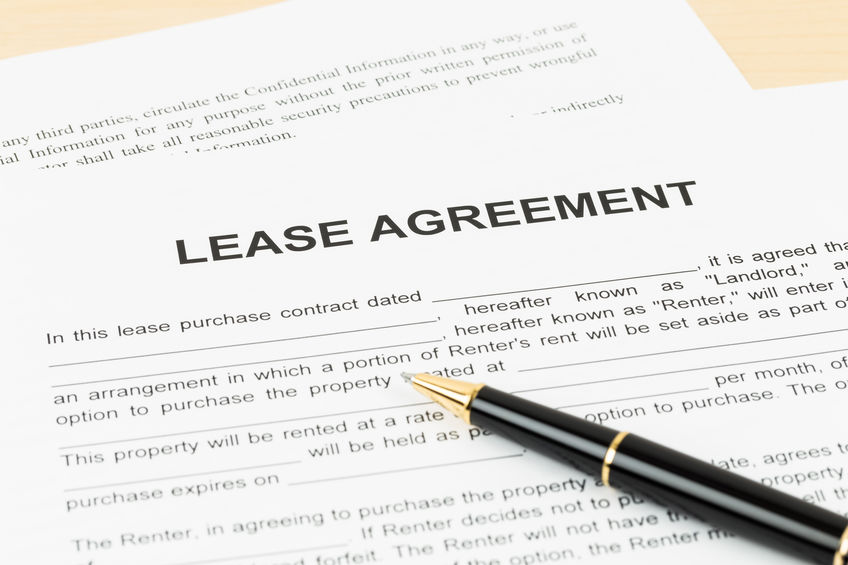A net lease is the term used to describe a type of lease agreement that requires the tenant to pay, in addition to the rent, a certain amount or all of the property expenses that are usually paid by the property owner.
In Florida, net leases generally include property insurance fees, maintenance costs, or property taxes. The tenant here is paying as if they were the property owner, without actually having legal title to the property. Although this may seem like a bad deal, the property owner will usually offer a lower rent to the tenant in exchange for the tenant paying these property expenses.
Net leases are more common in a commercial real estate setting.
Different types of net leases
There are three different types of net leases that involve the three main property cost categories, which are taxes, maintenance, and insurance fees.
What is a single net lease?
A single net lease is an agreement where the tenant, in addition to the rent, pays one of the three property expenses. Usually, the tenant here is paying the property taxes.
What is a double net lease?
A double net lease is an agreement where the tenant, in addition to the rent, pays two of the three property expenses. Usually, the tenant here pays the property taxes as well as the property insurance fees.
What is a triple net lease?
A triple net lease is an agreement where the tenant pays all three property expenses in addition to the rent. This type of lease agreement is usually long-term, more extensive, and the property owner has very little responsibilities. Here, the tenant is paying the property taxes, the property insurance fees, and the property maintenance fees. Although this type of net lease definitely favors the property owner, triple net leases are often offered for prime-real estate locations. Thus, tenants often have no option but to comply with signing into a triple net lease if they are seeking that specific location.
If you are signing into any of these three net leases, it is recommended to have an attorney review the lease to ensure what exact fees the tenant is responsible for, and which fees the property owner is responsible for.








